QUESTION:
What do the noble ulamā say regarding the following matter, I visited India a while back and I made vows at a number of the sanctuaries of the awliyā there. Now I do not recall what specific vow I made at each place. I don’t recall the details of the vows either, so is there any expiation (kaffārah) upon me?
Questioner: Yasmin from UK
ANSWER:
بسم اللہ الرحمن الرحیم
الجواب بعون الملک الوھاب اللھم ھدایۃ الحق والصواب
Before giving an answer, it is important to understand the categories of vows (Nadhr). There are two types of vows: 1) A vow according to Sharī’ah (nadhr shar’ī) 2) Customary vow (nadhr ‘urfī).
1) A vow according to the Sharī’ah is that intended act of worship that is the necessary (wājib) type, but itself is not wājib upon the person, however the person through his statement has made it necessary upon himself. For example one said, ‘If this matter of mine is completed, then I will offer 10 rak’ats of nafl prayer’. We call this a shar’ī vow [nadhr shar’ī]. This is specifically for the sake of Allāh and its fulfilment is wājib.
[Extracted from Fatāwā Amjadiyyah, part 2, pg 312]
2) That kind of vow which is made at the mausoleums of the awliyā is what is known as a customary vow [nadhr ‘urfī] or a linguistic vow [nadhr lughawī] and its meaning is an appreciation just as a student may say to his teacher this is in appreciation of you. This is allowed and well, and can be for people but its fulfilment will not be necessary and wājib, rather it is commendable (mustahabb) i.e. if it is fulfilled then that is very good, for example the vow of doing ghiyārwī sharīf.
Thus, the matters that have been asked about by the questioner are customary vows, so if the respected questioner does not fulfil them there will be no expiation (kaffārah) upon her. Even if they were remembered, the fulfilment of such customary vows would still not be wājib upon her. Some people say that such customary vows in the names of the awliyā of Allāh are impermissible. This is their deficient thinking.
It is mentioned in Bahār e Sharī’at that donating the reward of actions (Īsāl al-Thawāb) is a cause of blessings and a commendable matter. Customarily out of etiquette it is called nadhr and niyāz, but this is not a shar’ī vow, like giving a gift of appreciation to a king.
[Bahār-e-Sharī’at, vol 1, part 1, pg 276]
Imām Ahmad Ridā Khān (may Allāh shower mercy upon him) was asked about vowing to place flowers or a cloth on the mausoleum of a walī of Allāh or a martyr (may Allāh shower mercy upon him), whether it should be done or not. The answer was that this is not a shar’ī vow as there is not from this type of act that which is in the category of wājib. On the same page at another place he mentions that as long as customary specifics are not considered wājib by a person, there is no harm in them but they should not be done with the thinking that they are wājib.
What remains then is the matter of permissibility. There is no harm in making customary vows in the name of the awliyā and fulfilling them is also permissible
Furthermore in an answer to another question the Imām (may Allāh shower him with mercy) states that there is no absolute forbiddance of this type of service at the mausoleums of the awliyā, neither are they shar’ī vows, rather the custom is that whatever is taken into the presence of elders is called nadhr, just like the appreciation offered to a king. Most of the service presented at the mausoleums are not shar’ī vows nor customary ones.
[Fatāwā Ridawiyyah, vol 9, pg 532-535]
Shāh Walī Allāh al-Dehlawī writes similarly in his fatwā included in ‘Zubdah al-Nasā’ih’ that eating from [the food which is distributed due to] a vow [of feeding people] that is taken for the sake of Allāh, is not permissible for the rich. However if food is distributed where the reward of that is donated to a walī then it is permissible for the rich to also partake in that.
[Zubdah al-Nasā’ih/Fatāwā Ridawiyyah, vol 9, pg 532-525]
The distinguished Imām, my master Shaykh ‘Abd al-Ghanī al-Nābulsī (may Allāh sanctify his secrets) says in al-Hadīqah al-Nadiyyah,
“ومن ھذا القبیل زیارۃ القبور، والتبـرّک بضرائح الأولیاء والصّالحین، والنذر لہم بتعلیق ذلک علی حصول شفاء أو قدوم غائب، فإنّہ مجاز عن الصدقۃ علی الخادمین لقبورہم”
“And from this perspective is the visitation of the graves and the seeking of blessings from the resting paces of the awliyā and righteous (i.e. the sālihīn) and presenting nadhr to them, conditional on the attainment of cure from illness or the return of a missing person, because that [i.e. nadhr] is metaphorical for the gifting of sadaqah to the servants at those mausoleums.”
[al-Hadīqah al-Nadiyyah, vol 2, pg 151]
The distinguished Imām, my master Imām Ahmad Ridā Khān (may Allāh shower him with mercy) mentions in his work Jadd al-Mumtār,
“إنّ النذور لہم بعد تجافیہم عن الدنیا کالنذور لہم وہم فیہا، وہي شائعۃٌ بین المسلمین، والعلماء، والصلحاء، والأولیاء منذ قدیم، ولیس نذراً مصطلح الفقہ”
“Indeed making vows concerning them after they have departed from this world are like making vows concerning them while they are in this world. This is widespread between the Muslims, the scholars, the righteous and the awliyā from a very long time and this is not a legal vow [that which is considered according to the terminology of Islamic Jurisprudence].”
واللہ تعالی اعلم ورسولہ اعلم صلی اللہ علیہ وآلہ وسلم
کتبہ ابو الحسن محمد قاسم ضیاء قادری
Answered by Mufti Qasim Zia al-Qadri
Translated by Mawlana Ibrar Shafi
Read the original Urdu answer here – [Q-ID0296] Makings vows at the sanctuaries / mizarāt of awliya
Also see:
[Q-ID0218] Can a person donate the reward of his actions to a deceased person?
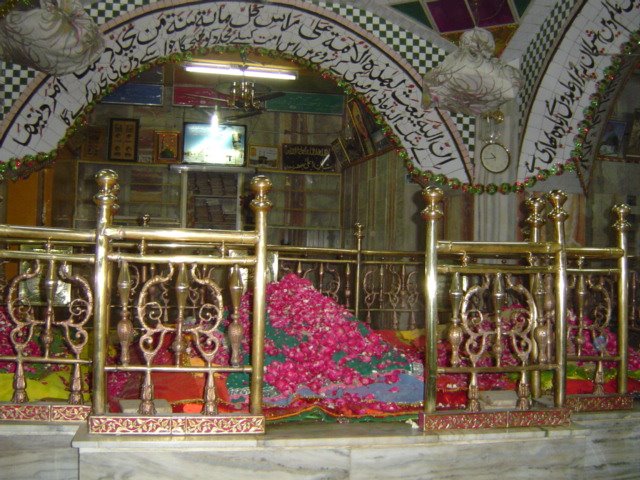

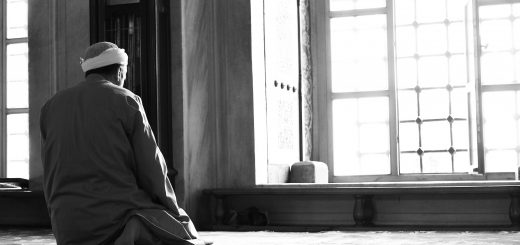

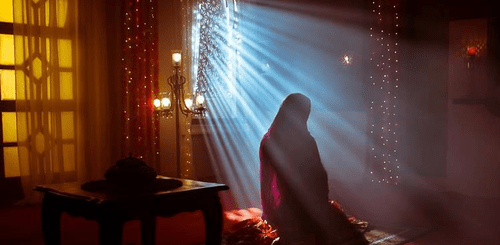
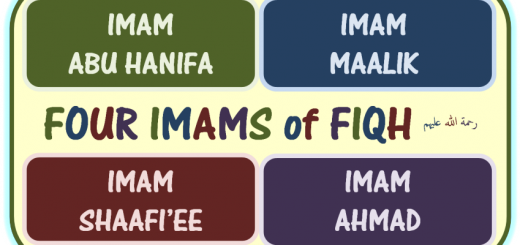
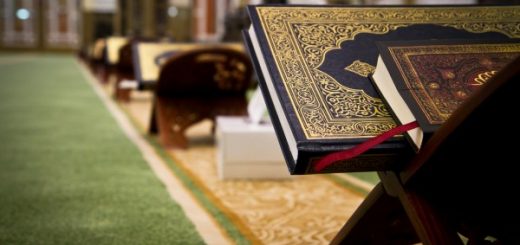
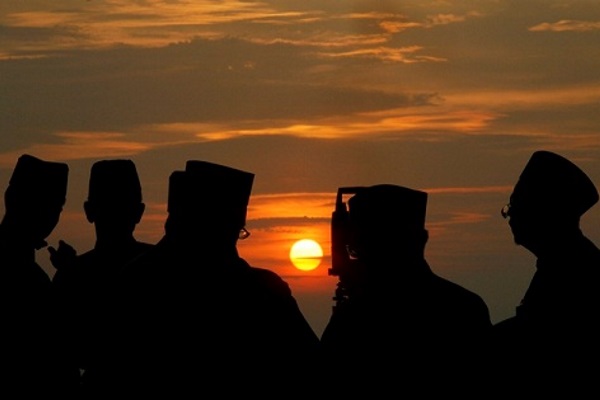
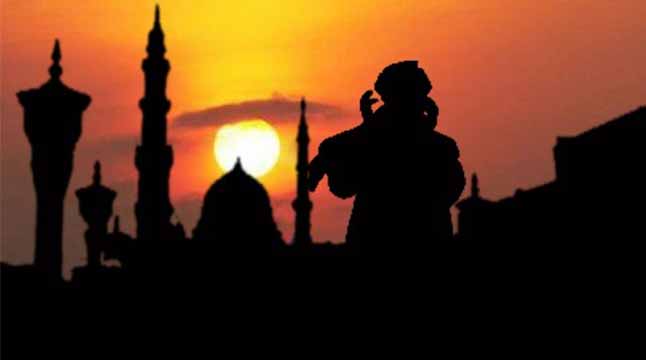
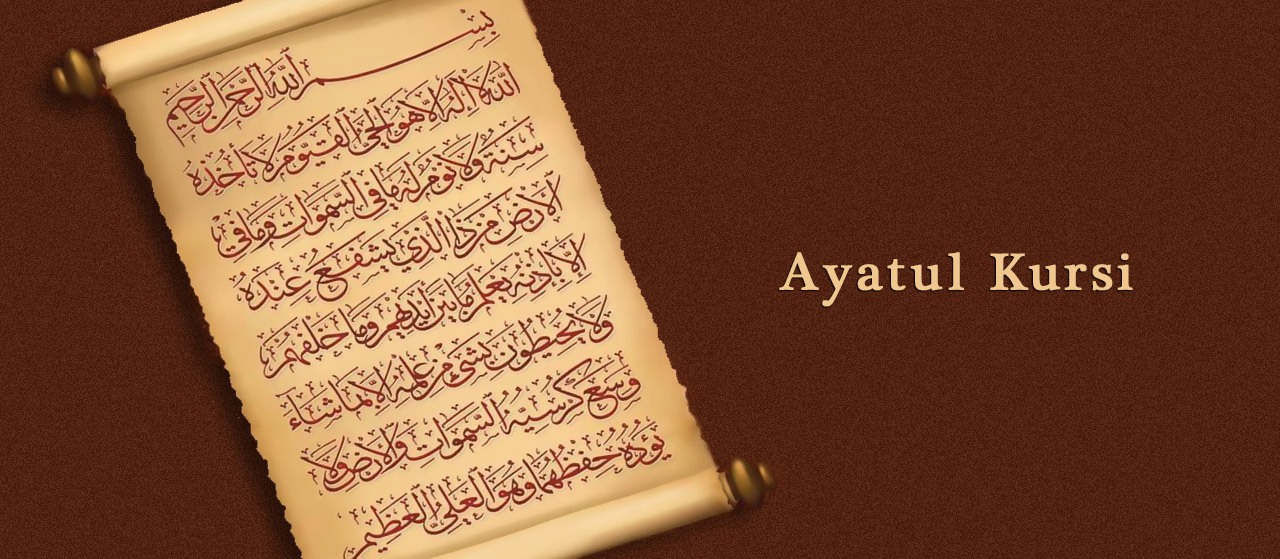
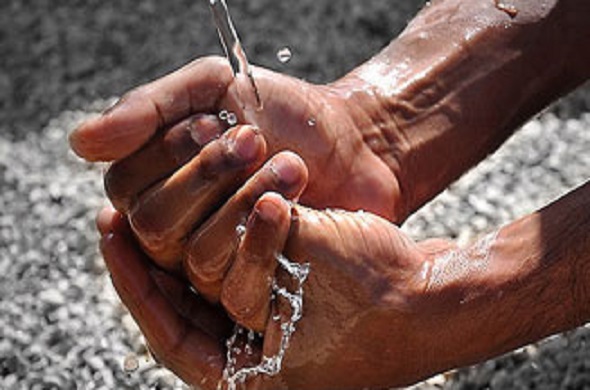




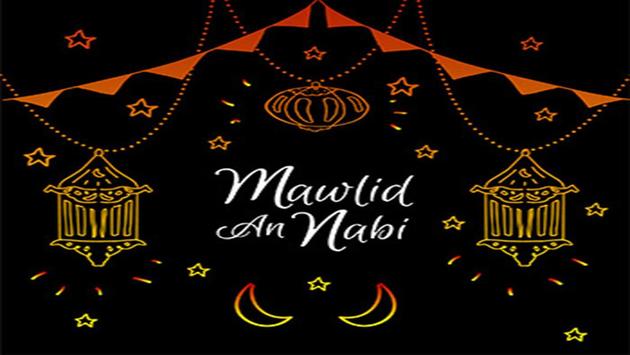


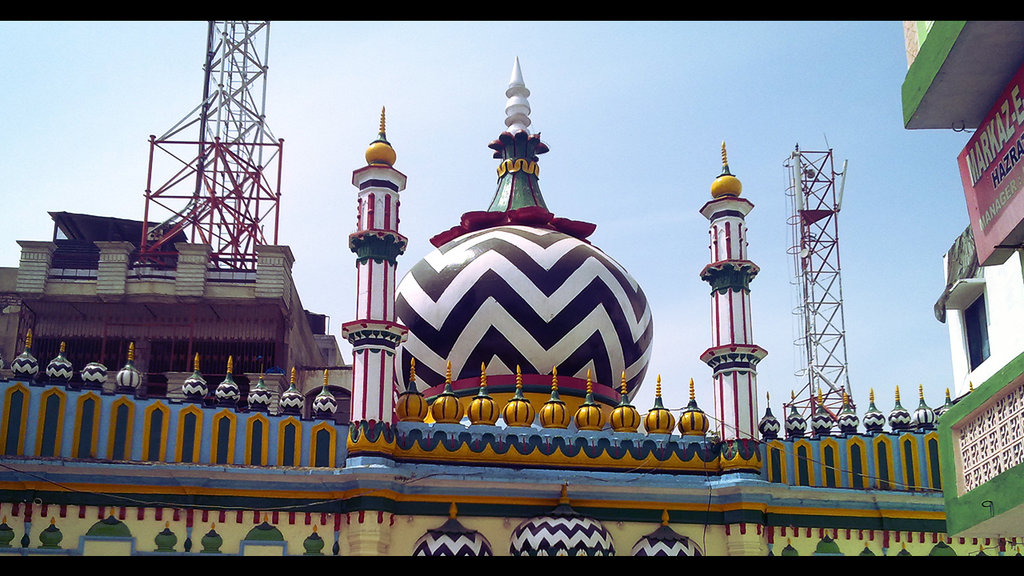

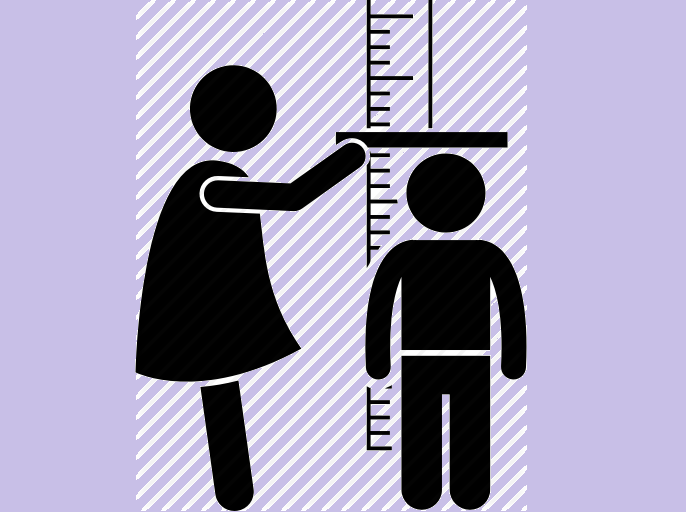

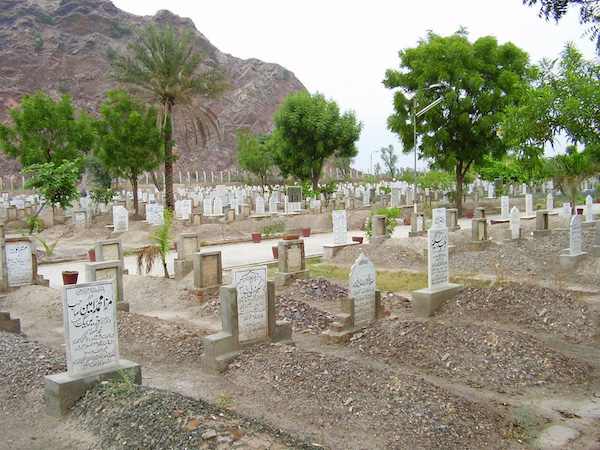

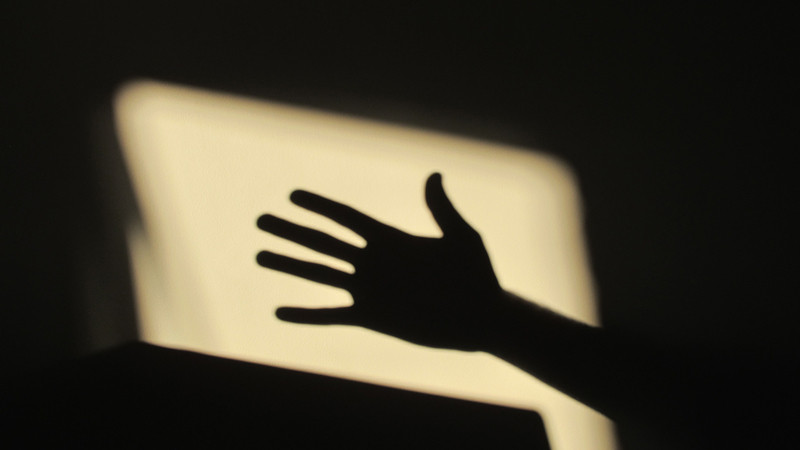


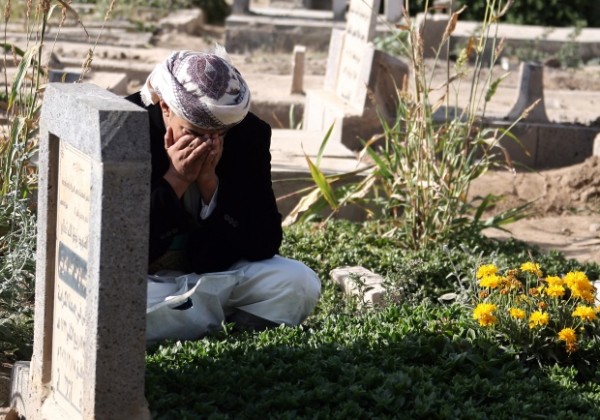
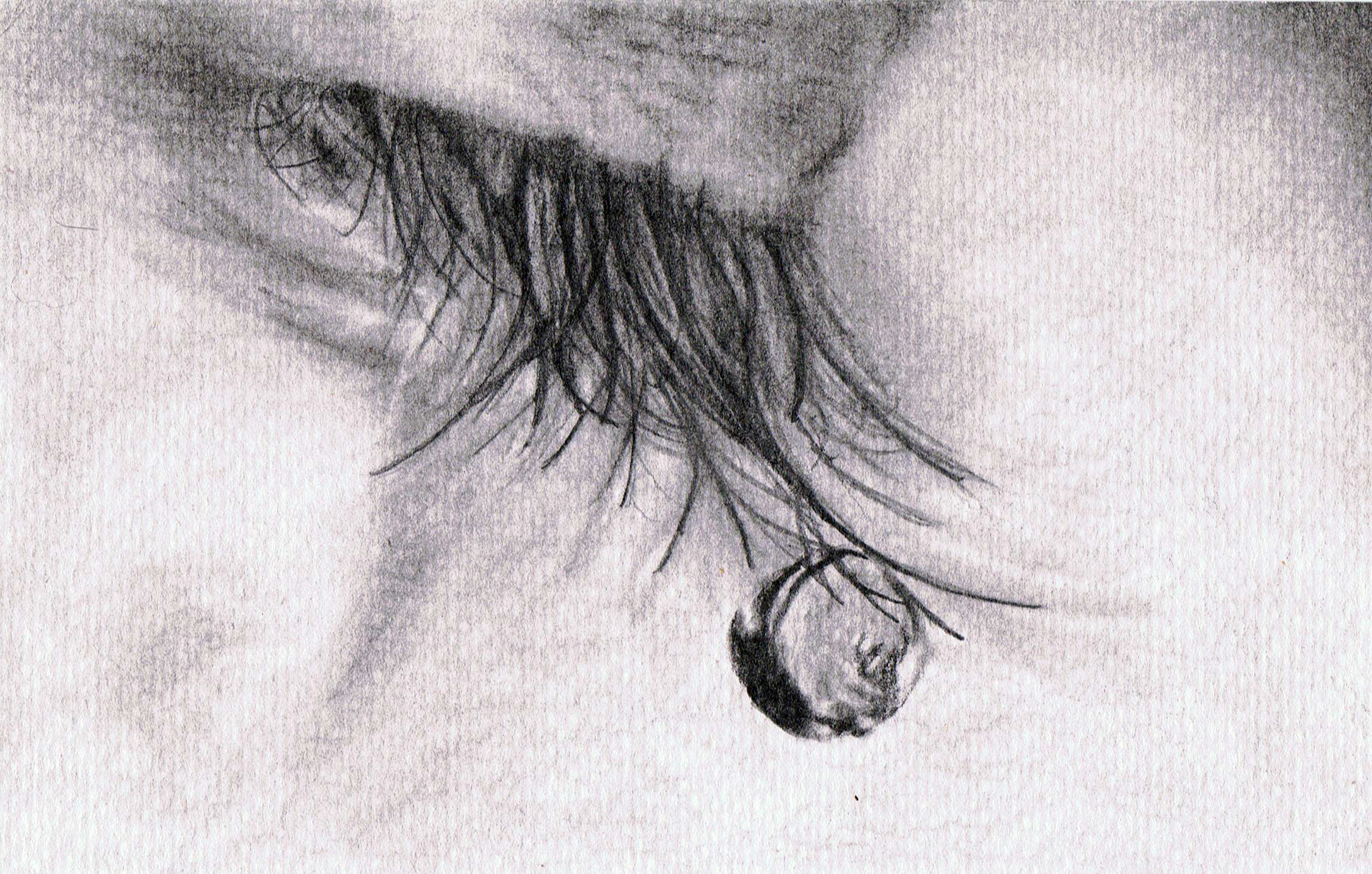



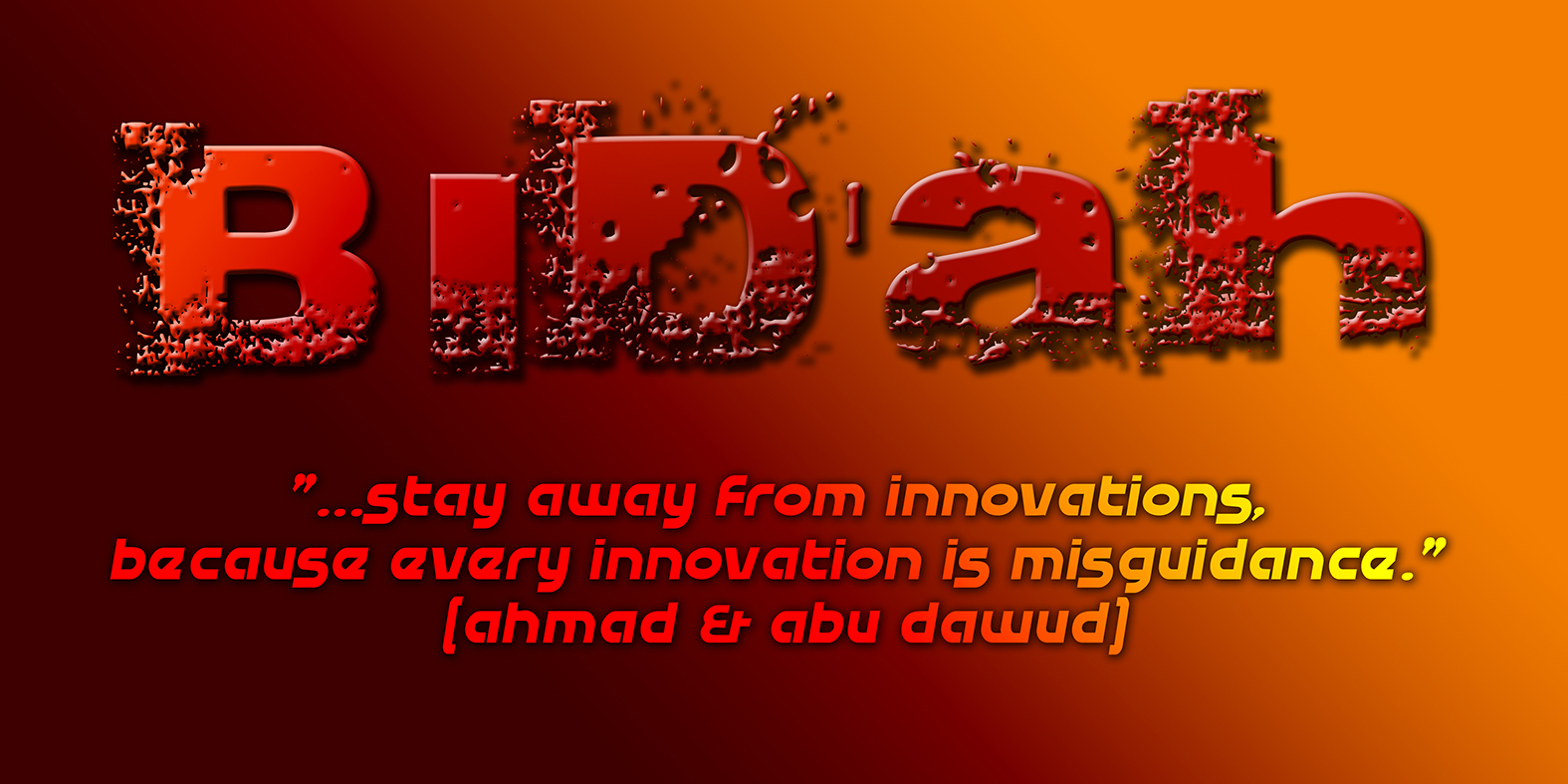
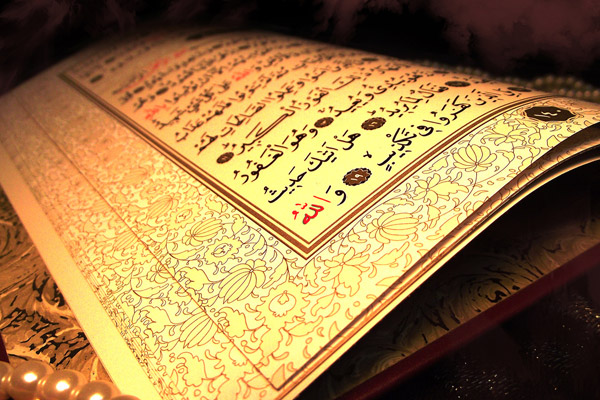

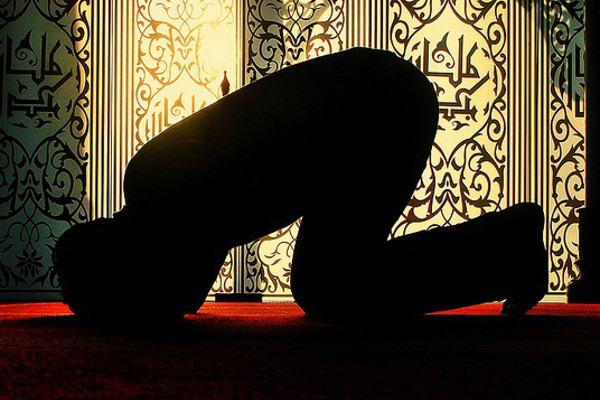
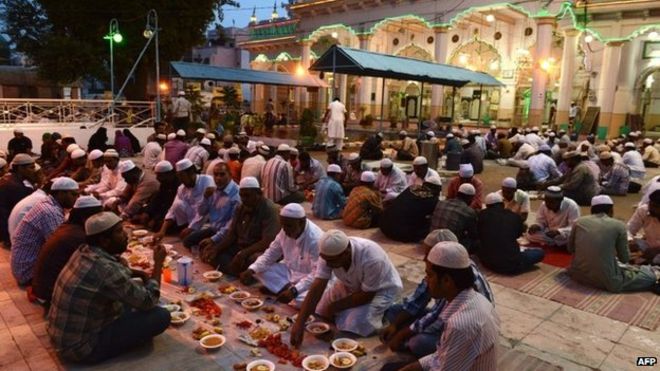
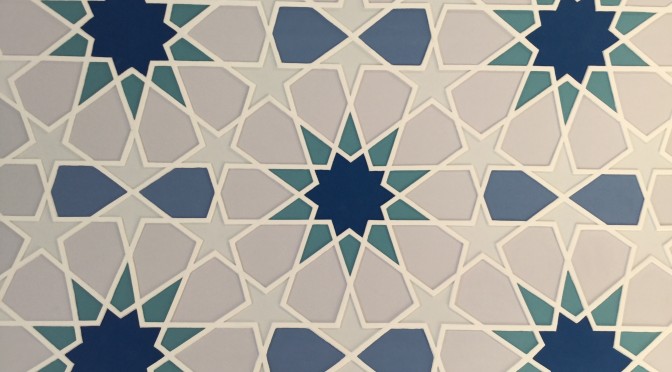
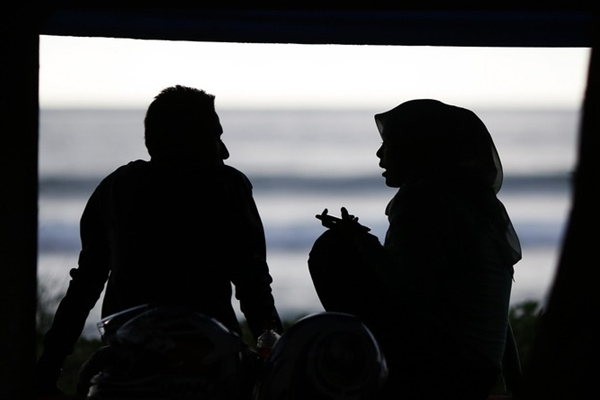

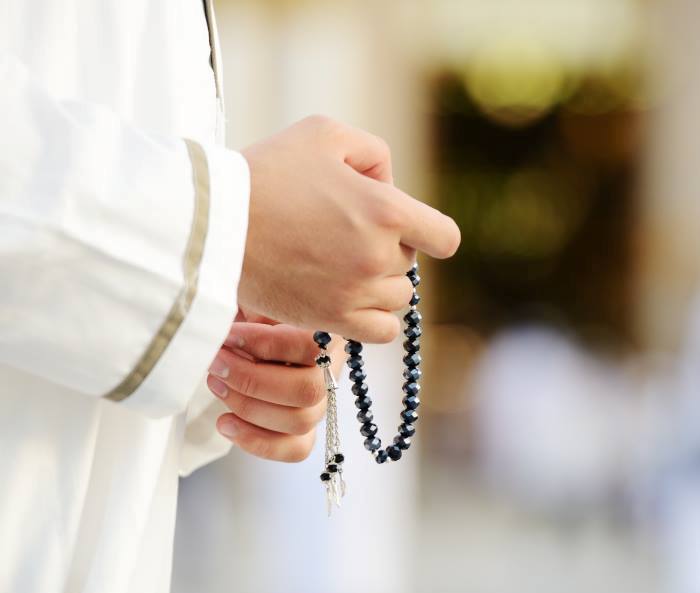
![[Q-ID0218] Can a person donate the reward of his actions to a deceased person?](http://www.seekerspath.co.uk/wp-content/themes/hueman-pro/assets/front/img/thumb-medium-empty.png.pagespeed.ce.q0RS_Oe2Ar.png)



















